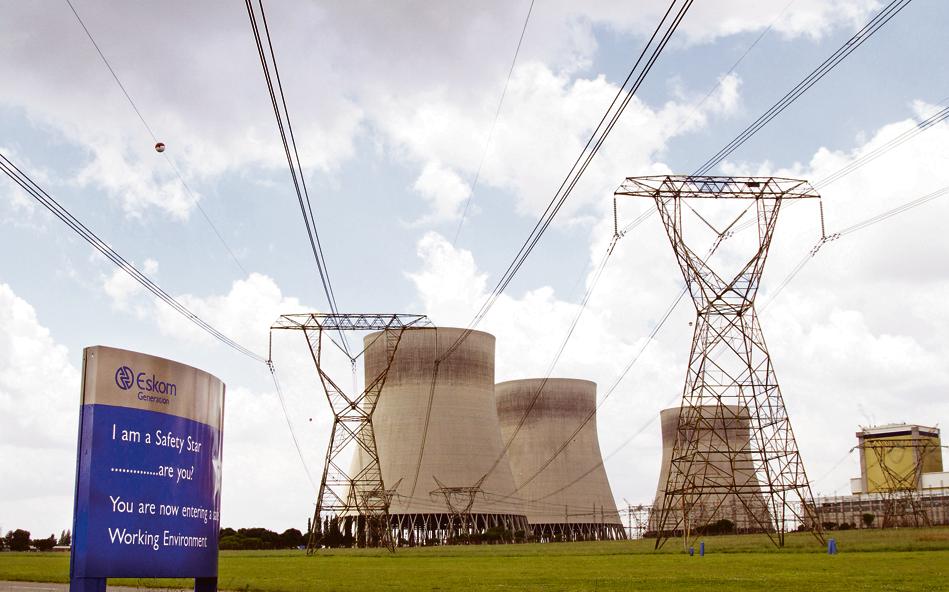While the government and Eskom tried to explain the country’s latest round of rolling blackouts, 13,000 workers at Eskom’s Medupi power station headed home for the December holidays, reported the Sunday Times.
A core set of 150 employees were left at the Medupi station near Laphalale, Limpopo, after the bulk of the workforce began their festive season break on Wednesday.
Eskom has repeatedly promised that when the Medupi and Kusile power stations begin supplying power to the grid, the country’s electricity woes would be alleviated.
Unit six, the first at the Medupi station, was originally meant to be in operation by March 2011. Most recently this date was shifted to December 24, until this week, when Eskom CEO Tshediso Matona said mid-January was more likely.
However, the Sunday Times, spoke to three engineers at the site, who said unit six was a “disaster”.
The three, who asked to remain anonymous, said the mid-January deadline was “never going to be met”. Around Easter would be a more likely time frame.
One of the engineers said that Eskom’s style of micro-management was to blame for the situation: “They know (nothing) about building power stations”.
With regard to the bulk of the station’s workforce going on holiday, an Eskom official at Medupi, Roman Crookes, told the newspaper: “you can’t force a person to work.”
However, National Union of Mineworkers general secretary Frans Baleni said his organisation had never been approached by Eskom to make special arrangements for workers to stay.
The Sunday Times reported it visited six power stations around the country, encountering a number of units that were not working.
Public Enterprises Minister Lynne Brown and Matona had differing takes on how best to describe the current rolling blackouts.
Brown told the newspaper there was an “obsession” with declaring the “controlled and planned load shedding a ‘crisis’.
“A crisis is when there are uncontrolled blackouts. We are avoiding it.”
Instead, Brown said there were “enormous challenges in electricity usage. “Eighty percent of our fleet is in mid-life and it needs to be taken off the grid to undergo maintenance.”
Brown said the delay in maintenance arose when “the government took a decision in 2009 to keep the lights on, and Eskom, with its budget, had to choose to do less maintenance in order to keep the lights on.”
The solution to the problem ultimately lay with Eskom, she said.
“Eskom will have to increase efficiency within the company. I don’t have that level of operational capability, or the right.”
However, Matona told the newspaper that Eskom was prevented from taking remedial steps because of “a lack of alignment within government and perhaps lack of appreciation of the urgency that confronts Eskom”.
He said government’s “delays in decision-making” did not reflect a sense of urgency.
Matona was asked if the latest power cuts were a sign of crisis.
“It’s a crisis for the country,” he said, adding, however, that “Eskom is not in crisis.” SAPA






 WhatsApp us
WhatsApp us 

